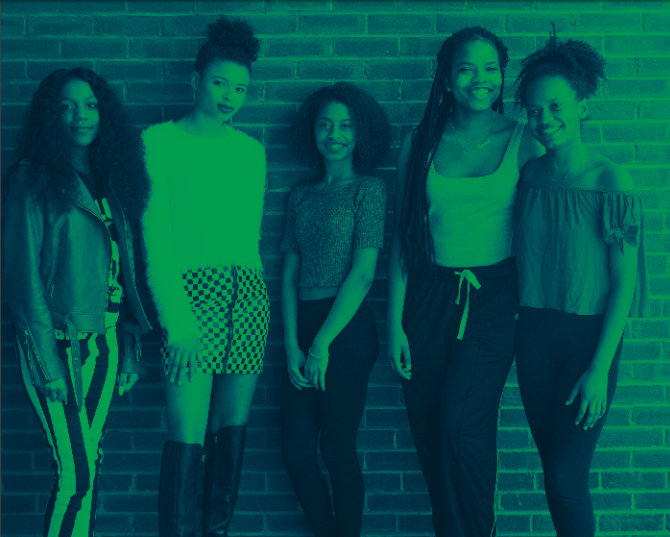Black girls in District of Columbia schools, like girls across the country, miss out on crucial class time simply because of the clothes they wear or the style of their hair or makeup. They are often disciplined more harshly in school than their white peers, a new study says, and dress codes seem to be part of the problem.
“Black girls in D.C. lose out on the chance to learn simply because of what they wear. Students are removed from the classroom and even sent home, often illegally, for violating strict dress codes,” the study states. “These rules aren’t neutral: many target girls, and especially black girls, by regulating skirt length and headwraps. And the rules aren’t applied equally, either. Students report that Black girls, and especially curvier students, are disproportionately targeted.
“Disturbingly, schools tell girls they must change in order to avoid ‘distracting’ their male classmates — or to avoid being sexually harassed,” the study adds. “These punishments interrupt girls’ educations while sending dangerous messages to the school community: how a girl looks is more important than what she thinks, and girls are ultimately responsible for the misbehavior of boys.”
“DRESS CODED: Black Girls, Bodies, and Bias in D.C. Schools” is a new report from the National Women’s Law Center which found that in schools in Washington, DC, dress codes were unnecessarily strict and harmful to female students, and that black girls, in particular, are often reprimanded or punished for violating these rules.
In the study, 20 Black girls who live and learn in D.C. expose common problems with D.C. dress codes, discusses their impact on students, and propose better policies. The report found that pulling black girls out of class or sending them home for these transgressions adversely affects their ability to learn in school.
“Our findings are cause for grave concern,” the study states. “Plain and simple, D.C. dress codes promote race and sex discrimination and pull students out of the classroom for no good reason—often through illegal suspensions. As a result, black girls fall behind in school, which threatens their long-term earning potential while also exacerbating longstanding and widespread racial and gender inequalities.”




























